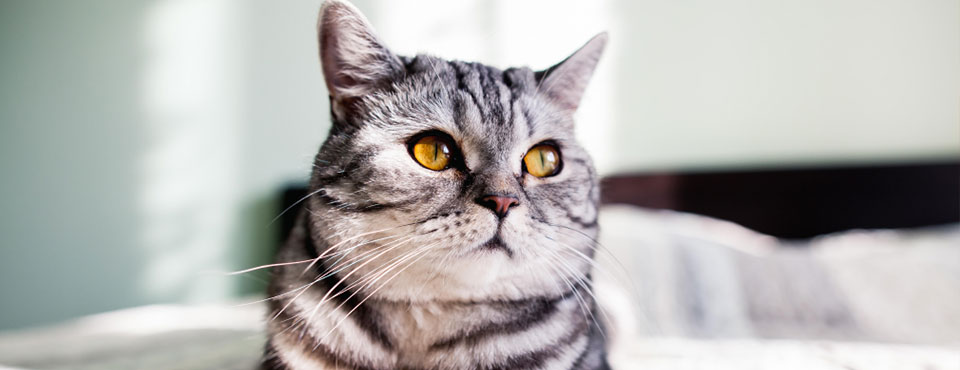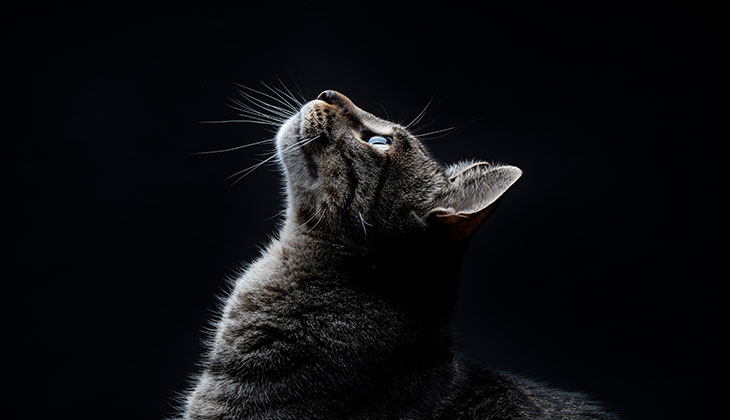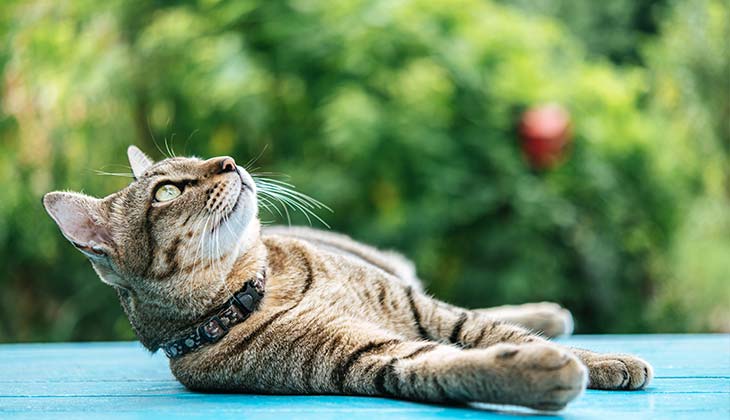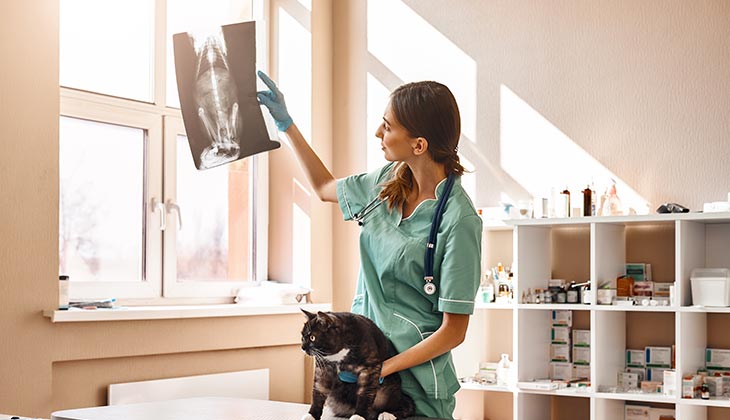Cold & Flu in Cats
HEALTH & PROTECTION
12 Sept, 2024
7 minutes

BORDETELLA BRONCHISEPTICA
No one likes to see their beloved feline companion feeling under the weather. If your cat is coughing or seems congested, he or she may have contracted Bordetella bronchiseptica (Bb). This is one of the disease-causing germs which can be involved in cases of feline upper respiratory tract disease (FURTD).
Bb was first discovered in 1910 and at that time, it was mistakenly thought to be the cause of canine distemper. It wasn’t until sometime later that scientists realized it was actually the cause of respiratory disease in several mammals, including dogs, cats and pigs. They also learned that other bacteria or viruses were often involved in these diseases and that in many cases respiratory disease is the result of infection with more than one pathogen.
Stress and overcrowding also predispose cats to the development of disease associated with Bb. This is most common in multi-cat households, catteries and shelters. Additionally, the disease can be most severe in small kittens who can become infected with the Bordetella bronchiseptica from their mother in the first few weeks of life. Kittens also run the risk of contracting a more severe form of the disease (bronchopneumonia), which can sometimes even prove fatal.

Clinical Signs
FURTD is a complex disease. There is a considerable overlap between the clinical signs seen with other agents that can cause FURTD. However, in studies with cats in which B. bronchiseptica was known to be the only causative agent, clinical signs included fever, sneezing, nasal discharge and often coughing (usually starting around 3-5 days after infection). In most cats the disease is usually mild, and signs normally disappear after about 10 days. However, in some cats, particularly younger animals, it can develop into bronchopneumonia and be life-threatening. Some cats may become long-term carriers and recovered cats have been shown to shed Bb at least 19 weeks after initial exposure.

Treatment & Prevention
Unfortunately, even if antibiotic therapy is given, complete elimination of the bacteria is not always possible. However, with guidance from your veterinarian, you can easily take care of the recovery of your furry friend at home. If you are parent to several animals, there is a possible risk of passing on infection. In some countries there is a vaccine available against feline Bb and you should discuss with your veterinarian the possibility of using this, as it can help reduce the risk of further spread of the disease.

Can I Catch this Disease From My Cat?
Bordetella bronchiseptica is a potential zoonotic pathogen that can pass from cat to human, although it is highly unlikely to cause problems in healthy individuals. However, there is an increased risk of respiratory disease in people who are immunocompromised. To reduce the risk of transmission, you should take certain hygienic precautions if nursing cats with this disease, such as frequent hand washing and avoiding hand-to-face contact until they are fully recovered.
To learn more about your cat’s risks and preventative options, you should have a conversation with your veterinarian. He or she can advise you about the right course of prevention for your beloved feline.
RECOMMENDED
RELATED POSTS
-

Finding out your dog or cat has diabetes can be a lot to digest, learn all the terms so you can ask the right questions and stay on top of your pet’s needs.
-

Pets do not understand the holidays period which change their routines. Here are 6 tips to create a pet friendly home during Chrismas!
-

It is important to know about rabies and how to protect our families. Protect your pet from rabies with an up-to-date vaccination from your veterinarian.
-

Your beloved cats can also suffer from cold and flu. In this article learn how to protect your cat during cold periods.






